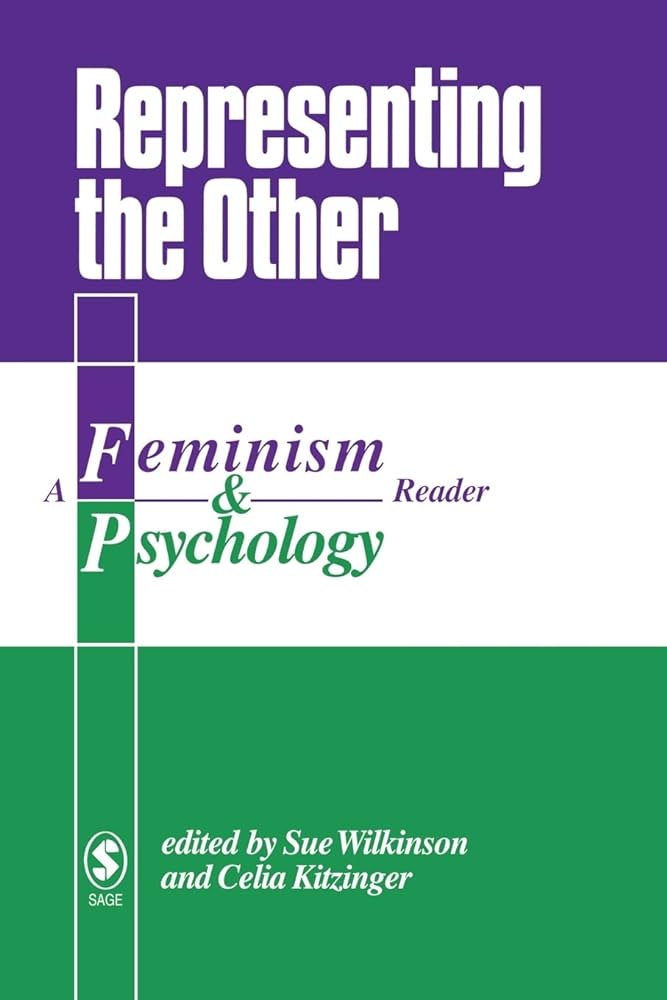Vulnerability and empowerment on the ground: Activist perspectives from the global feminisms project
IF 2.2
3区 心理学
Q2 PSYCHOLOGY, MULTIDISCIPLINARY
引用次数: 1
Abstract
Vulnerability is a standard criterion used by state and non-governmental organizations to identify groups of people in need of protection or support. Over the past two decades, however, this notoriously ill-defined and potentially stigmatizing term has been subjected to scrutiny by researchers, service providers, and theorists across multiple disciplines. This study examines the relevance of vulnerability to the ways international feminist activists who were interviewed between 2003 and 2019 for the Global Feminisms Project (GFP) described their struggles for women's rights in various settings over the past 50 years. Citing examples from nine countries, we show that these activists rarely used the term vulnerable, and never to classify groups of people. Instead, they frequently explained how particular groups were subjected to precarious conditions, and how they resisted subjugation, within multiple layers of gendered social relations and political structures. Many activists connected their locally-grounded work to global historical processes, emphasizing particularly the impact of neo-liberalism. Although using different vocabularies, these analyses resonate with work by bioethicists and feminist/queer theorists who reject the use of vulnerability as a classificatory term but embrace it as a tool for analyzing subjugation, building solidarity, and challenging neo-liberal conceptions of individual autonomy.实地的脆弱性和赋权:来自全球女权主义项目的活动家观点
脆弱性是国家和非政府组织用来确定需要保护或支持的人群的标准标准。然而,在过去的二十年里,这个臭名昭著的定义不清且可能带有污名化的术语受到了来自多个学科的研究人员、服务提供者和理论家的仔细审查。这项研究考察了脆弱性与2003年至2019年期间接受全球女权主义项目(GFP)采访的国际女权主义活动家描述他们在过去50年里在各种环境中为争取妇女权利而进行的斗争的方式之间的相关性。我们引用了九个国家的例子,表明这些活动家很少使用弱势群体这个词,也从不对人群进行分类。相反,他们经常解释特定群体是如何处于不稳定的条件下的,以及他们是如何在多重性别社会关系和政治结构中抵抗征服的。许多活动家将他们立足于当地的工作与全球历史进程联系起来,特别强调新自由主义的影响。尽管使用不同的词汇,这些分析与生物伦理学家和女权主义者/酷儿理论家的工作产生了共鸣,他们拒绝将脆弱性作为分类术语使用,而是将其作为分析征服、建立团结和挑战新自由主义个人自治概念的工具。
本文章由计算机程序翻译,如有差异,请以英文原文为准。
求助全文
约1分钟内获得全文
求助全文
来源期刊

Feminism & Psychology
Multiple-
CiteScore
3.30
自引率
11.10%
发文量
51
期刊介绍:
Feminism & Psychology provides a forum for debate at the interface between feminism and psychology. The journal"s principal aim is to foster the development of feminist theory and practice in – and beyond – psychology. It publishes high-quality original research, theoretical articles, and commentaries. We are interested in pieces that provide insights into the gendered reality of everyday lives, especially in relation to women and girls, as well as pieces that address broader theoretical issues. Feminism & Psychology seeks to publish work from scholars, researchers, activists and practitioners at all stages of their careers who share a feminist analysis of the overlapping domains of gender and psychology.
 求助内容:
求助内容: 应助结果提醒方式:
应助结果提醒方式:


